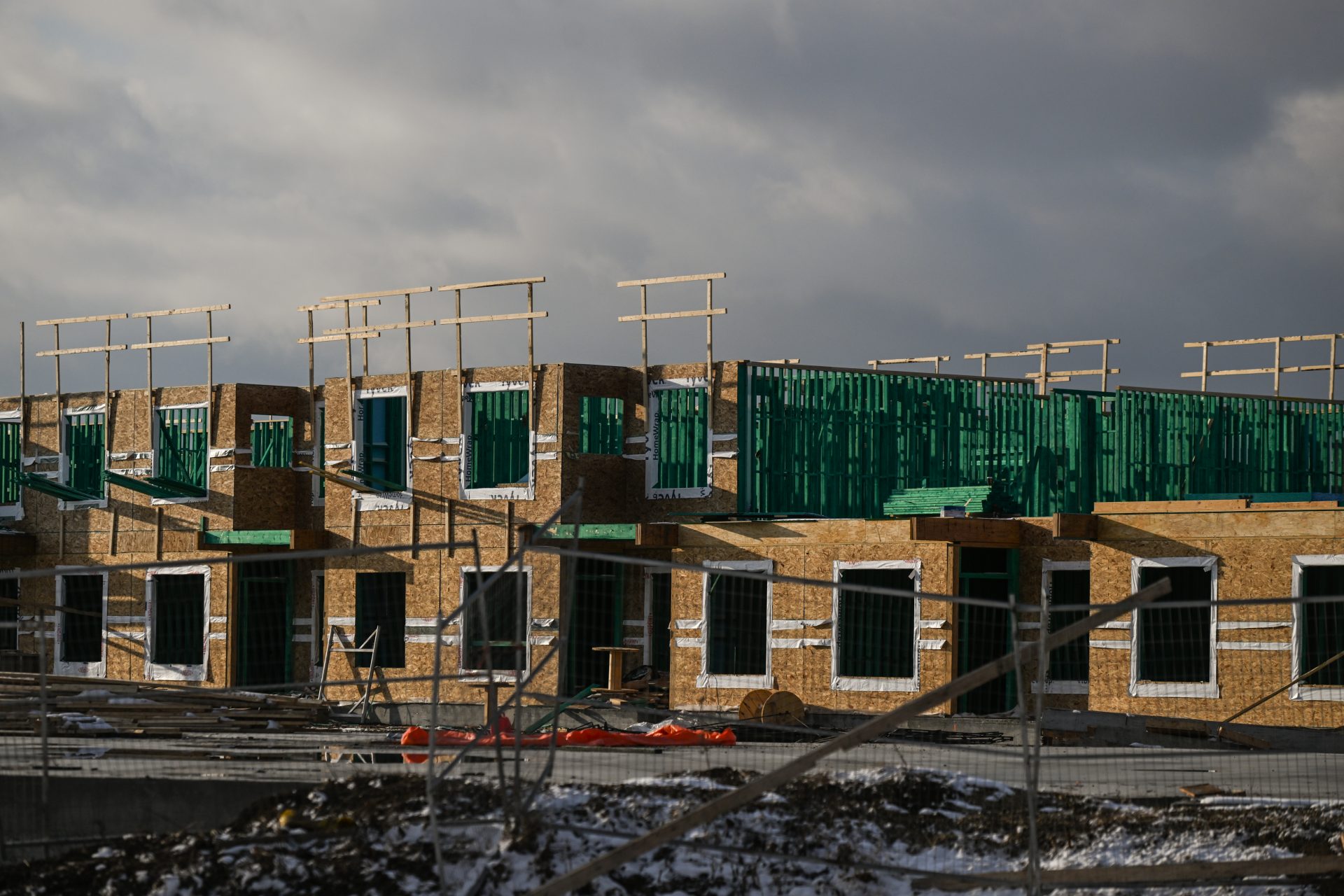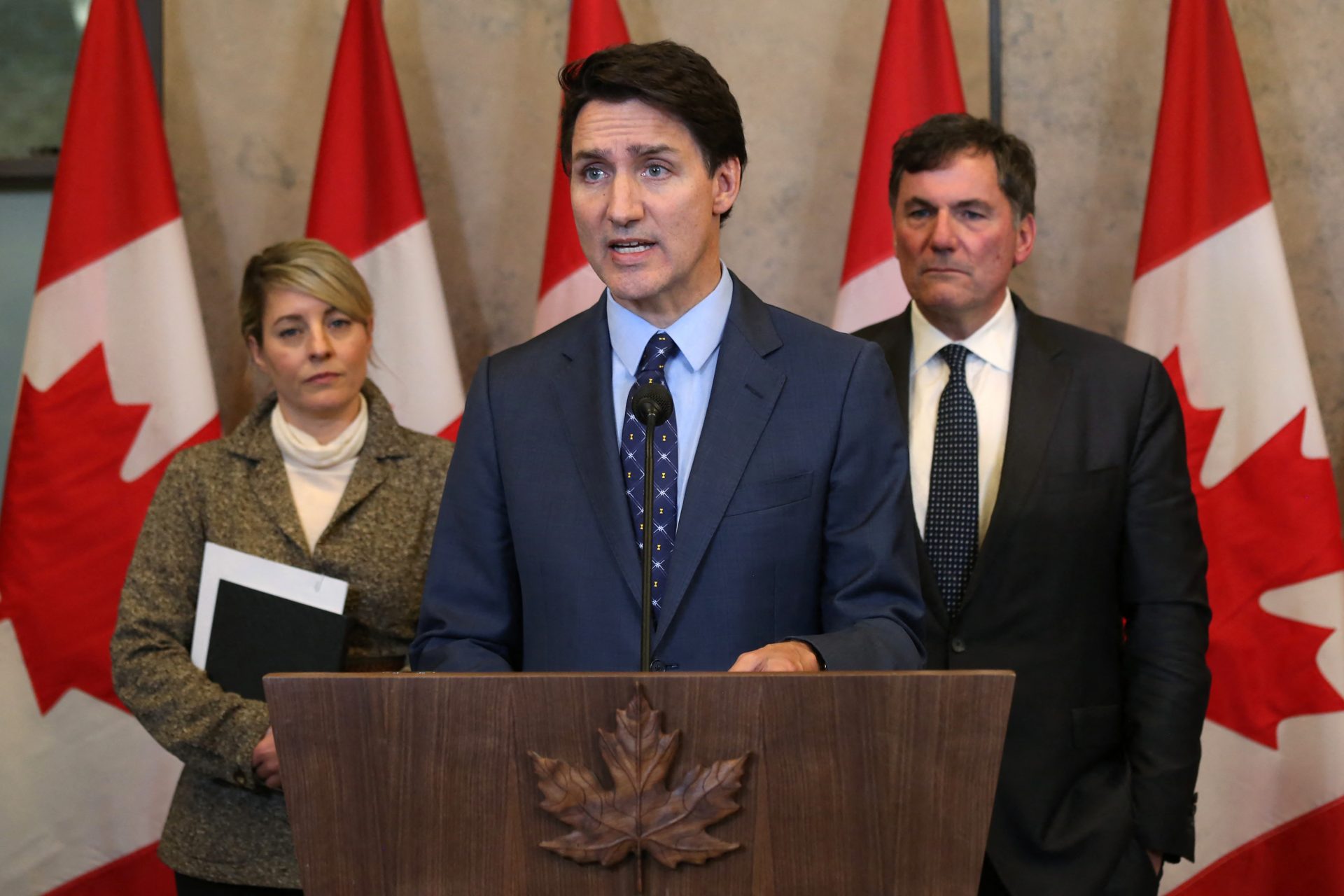Growing Pains: Remember when Canada reached a new population milestone?
Canada has always been a huge country with a rather small population, but it hit a major milestone in June 2023 when the nation reached 40 million inhabitants.
Canada has been slowly growing its population for the better part of a decade and it has already quickly outdone the 40 million it reached over two years ago. It has seen an explosive population rise since, followed by a reduction in its growth rates.
On June 16, 2023, Canada hit a population of 40 million people. It was a milestone that the country’s federal government had been working towards and one Statistics Canada noted was a cause for celebration.
While several industrialized countries have been facing the threat of population decline, Canada was one of the few that expected population growth. At the time, the country had a 2.7% population growth rate.
Much of the growth was driven by temporary and permanent migration, which Statistics Canada reported accounted for 96% of growth in 2022. Projections at the time showed Canada would hit 50 million by 2043.
On March 27th, 2024, Canada hit its first milestone on the way to reaching a population of 50 million people when the country grew to 41 million individuals, a number Statistics Canada’s live population tracker revealed.
However, data at the time showed that the country’s population was growing a lot faster than the estimates provided when Canada hit 40 million people. Between January 1st, 2023 and January 1st, 2024, Canada added 1,271,872 people.
One year saw the population growth rate jump up to the highest it had been since 1957 according to Global News at 3.2%. Again, it was temporary immigration that pushed the population figure to new heights.
Statistics Canada noted that without immigration, Canada would only have had a growth rate of 1.2%. So it is likely the country would be suffering from many of the problems as its slower-growing industrialized allies.
However, adding so many newcomers to the country’s population in such a short period of time comes with its own set of issues as well, and Canada was not only facing a cost of living crisis but also a housing crisis made worse by its increasing population.
“It's an incredibly large shock for the economic system to absorb because of just the sheer number of people coming into the country in a short period of time,” Robert Kavcic, a senior economist and director with BMO Capital Markets, told CTV News at the time.
“The reality is the population can grow extremely fast, but the supply side of the economy like housing and service infrastructure, think health care and schools, can only catch up at a really gradual pace,” Kavcic says. “So there is a mismatch right now.”
In December 2023, Kavcic wrote a note explaining that Canada needed to build roughly 170,000 new housing units every three months to keep up with the demand placed on the country by its growing population.
However, Kavcic also pointed out that the industry was having difficulty completing just 220,000 housing units in a full year. This type of mismatch led some to question if the intake of so many people was viable.
Among the voices of dissent at the time was Conservative Party Leader Pierre Poilievre, who said in January 2024 that housing and immigration needed to be linked so home prices did not inflate past the cost of what people could afford.
"It's very simple math. If you have more families coming than you have housing for them, it's going to inflate housing prices," Poilievre said. "We have to bring the [immigration] numbers in line with the number of houses that are built.”
“The growth in immigration should not exceed the amount of housing stock we add, the number of doctors we add and the available jobs." Poilievre continued, revealing the complexity of a problem that doesn’t have a good solution just yet.
As the many problems that Canada was facing got worse, Prime Minister Justin Trudeau and his Liberal Party government pulled back on some of the immigration targets it outlined for the country to hit, which in turn affected Canada's growth.
As of December 19th, 2024, Statistic Canada's real-time population counter estimated that the country's population was 41,548,865. How long it will take to reach 42 million isn't known but Canada is no longer barrelling towards breaking new population heights as quickly as it has been in recent years.
More for you
Top Stories
































